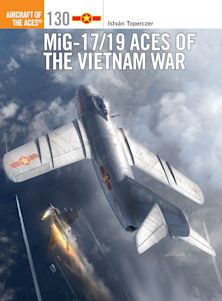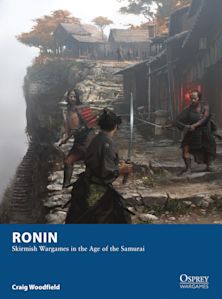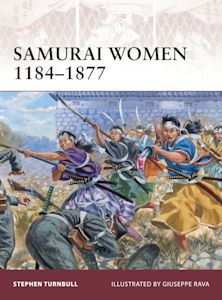Description
During the 16th century, Japan underwent a military revolution, characterized by the deployment of large armies, the introduction of firearms and an eventual shift towards fighting on foot.
This study encapsulates these great changes through an exploration of the experience on the ground at three key battles, Uedahara (1548), Mikata ga Hara (1573) and Nagashino (1575), in which two very different types of warrior were pitted against each other. On one side were samurai, the elite aristocratic knights whose status was proclaimed by the possession and use of a horse. On the other side were the foot soldiers known as ashigaru, lower-class warriors who were initially attendants to the samurai but who joined the armies in increasing numbers, attracted by loot and glory. These two types of warrior battled for dominance across the period, changing and adapting their tactics as time went on.
In this book, the development of the conflicts between samurai and ashigaru is explored across three key battles, where highly trained elite mounted samurai of the Takeda clan faced ashigaru at very different stages in their development. The profound and irreversible changes that took place as the conflicts progressed are analysed in detail, culminating in the eventual incorporation of the ashigaru as the lowest ranks of the samurai class in within the standing army of Tokugawa Japan.
Table of Contents
The opposing sides
Combat 1
Combat 2
Combat 3
Analysis
Aftermath
Bibliography
Index
Product details
| Published | Nov 28 2019 |
|---|---|
| Format | Ebook (PDF) |
| Edition | 1st |
| Extent | 80 |
| ISBN | 9781472832429 |
| Imprint | Osprey Publishing |
| Illustrations | Colour artwork plates and maps; black & white and colour photographs and illustrations. |
| Series | Combat |
| Short code | CBT 45 |
| Publisher | Bloomsbury Publishing |

Resources
Book Vote
Tell us what titles you would like to see published by Osprey, then vote for your favourites in our monthly book vote!


























